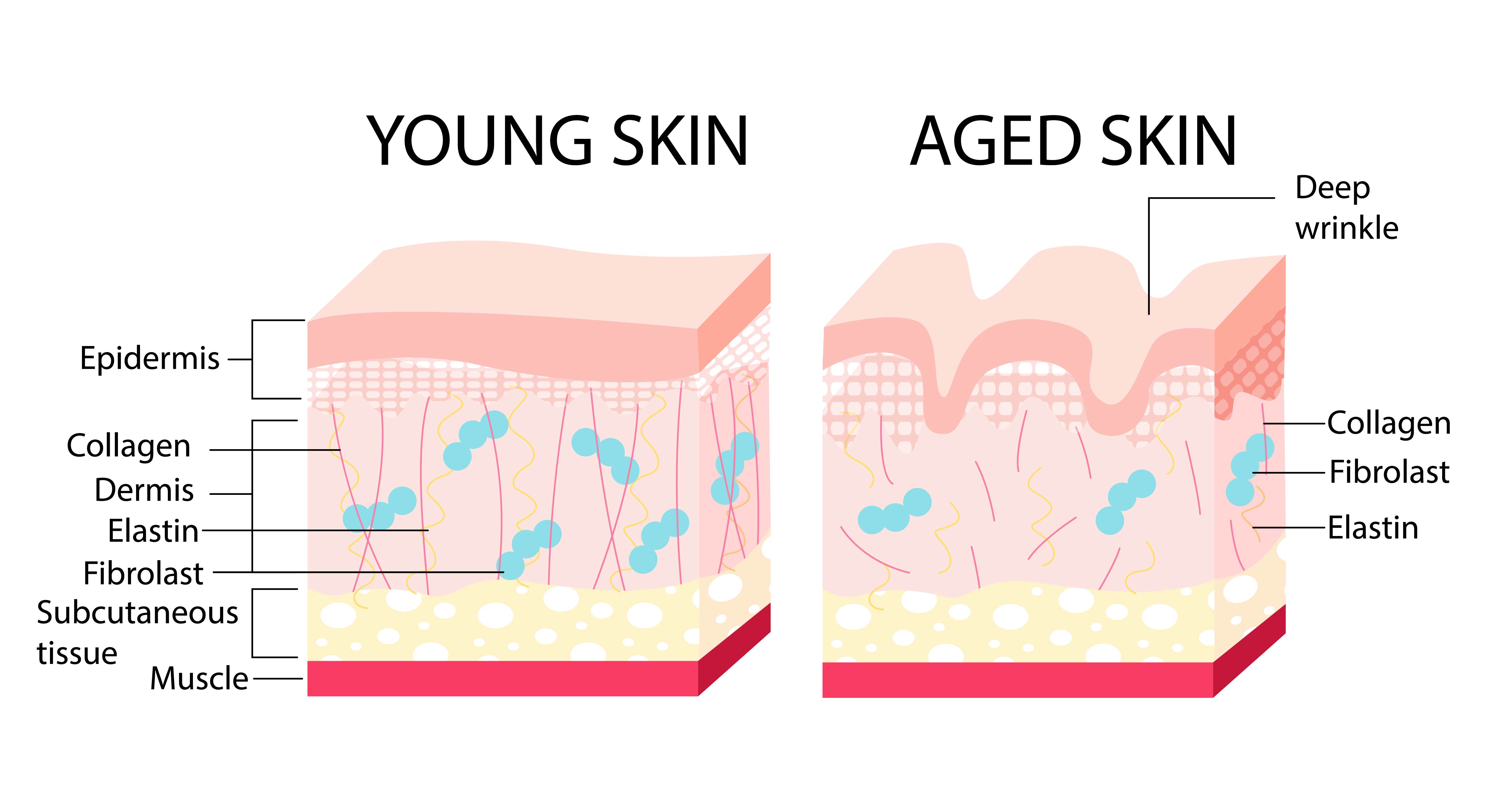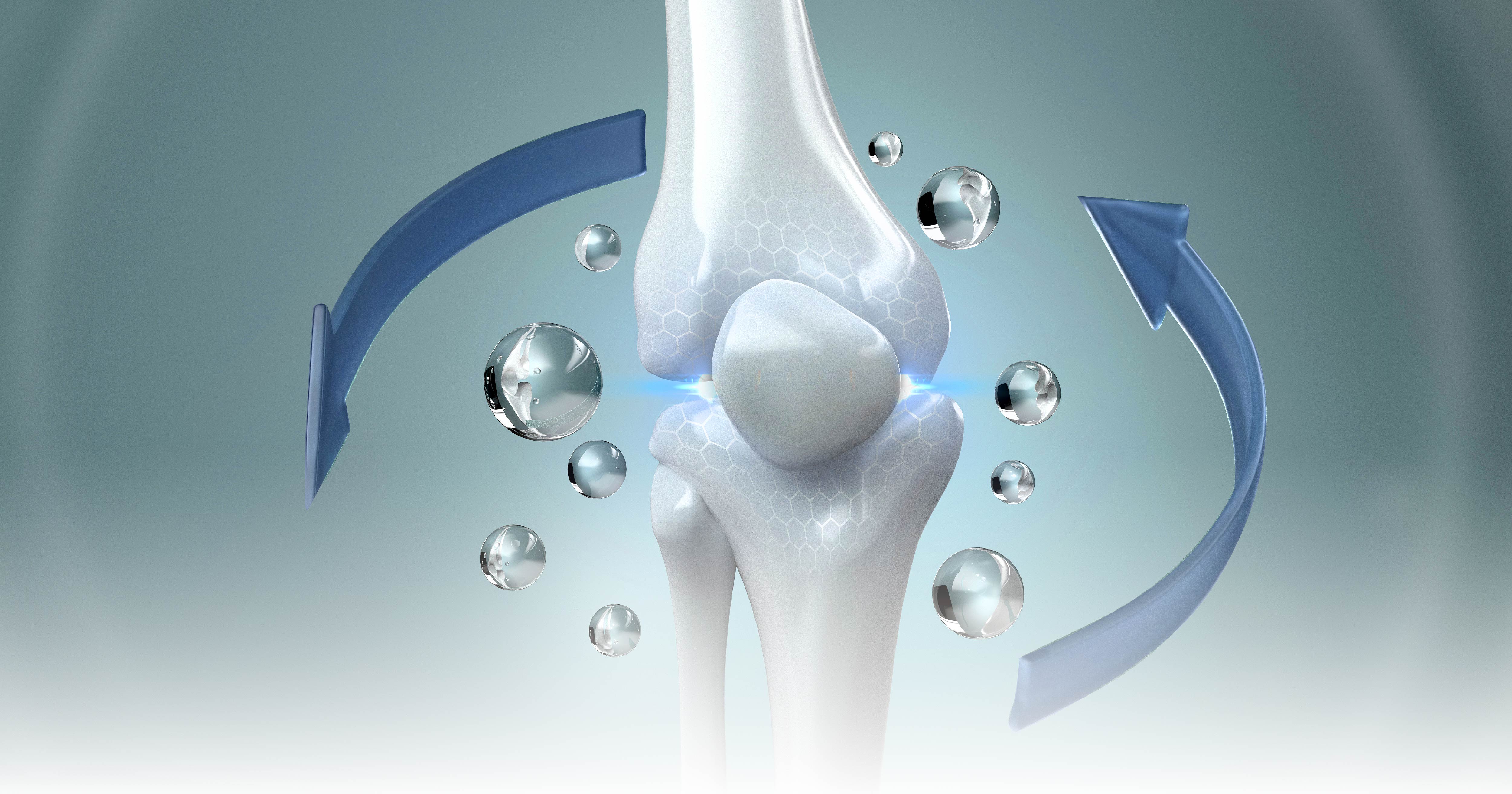Which Type of Collagen is Right for Your Body?

When people talk about collagen, most immediately associate it with beauty benefitsbright, firm, wrinkle-free skin. However, few realize that collagen also plays a vital role in supporting and repairing cartilage and connective tissues. Lets take a closer look at the different types of collagen and the unique benefits each one offers.

Types of Collagen
Type I Collagen
This is the most abundant form of collagenaccounting for up to 90% of all the collagen in the human body. It is found in bones, blood vessel walls, tendons, ligaments, skin, cornea, and connective tissues. Its extremely strong and dense, enhancing elasticity, protecting tissues from tearing, and aiding in wound healing. Thats why skin with adequate collagen appears smooth, firm, and youthful.
Type II Collagen
Primarily found in cartilage, such as the ears, nose, trachea, and rib cage, this type is especially crucial in the spinal discs and articular cartilage. It functions differently from Type I, offering shock absorption and resilience to joints during movement. As we age, collagen type II deteriorates, particularly in weight-bearing joints like knees and hips, contributing to osteoarthritis and joint inflammation.

Type III Collagen
Often found alongside Type I, this collagen is located in skin, muscles, blood vessel walls, and connective tissue. It makes up about 10% of the bodys collagen and is especially important for vascular structure and elasticity, though less so in joints.
Type IV Collagen
This unique form of collagen is located mainly in basement membranes that surround muscles and fat tissues. It also plays a role in nervous system and blood vessel function.

Type V Collagen
Type V is a lesser-known collagen that contributes to cell membrane structure, found in the surface of cells and in hair. It supports the development of healthy skin and hair.
Collagen: More Than Skin Deep
Collagen isnt just about appearanceits a foundational protein essential to skin, muscles, joints, the nervous system, and blood vessels. Choosing the right type of collagen based on your bodys needs is key to maintaining your health from within.
Don't wait until your knees start aching, numbness occurs, your skin begins to sag, or you experience hair loss. Start supplementing with collagen early, before deficiencies show up. The right type of collagen can make all the difference.


